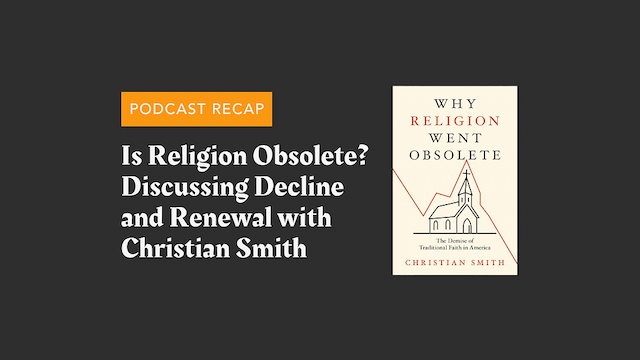The Hesed of God, Part 2: The Grace of Forgiveness

In the first article in this series, we explored God’s hesed toward us in the context of grief and despair. Though life is hard and marked by suffering, believers can rejoice because of God's hesed—His loyal, covenant-keeping love. He not only sees our pain but has entered our trials and suffering through Christ. Through Jesus’ suffering and death, we are brought into God’s faithful love and are never alone in our trials.
This flows beautifully into exploring the grace of forgiveness we have received because of God’s hesed. God’s hesed does not begin and end at the Cross. As Christians, this hesed continues throughout our lives and enters into our struggle against sin in this fallen world.
Psalm 32 offers a personal and theological reflection from the life of David on this very topic: the struggle against sin and the victory God’s hesed gives to those who are repentant.
The Weight of Sin
This psalm begins with David expanding upon the effect of God’s forgiveness. A man whose transgression is forgiven, whose sin is covered, and in whose spirit is no deceit is blessed (happy).
This blessedness is sharply contrasted in verses 3-4 with the effect of unconfessed sin. David describes God’s hand as being heavy upon him – possibly with the weight of conviction. God’s hesed is revealed even in conviction over sin. Unbelievers do not carry the weight of conviction over sin unless the Spirit is at work in them. In contrast, believers who have been made alive by God’s Spirit will be convicted over sin and feel both a physical and spiritual weight of unconfessed or unacknowledged sin before God.
From Silence to Joy
David ultimately confessed his sin to God (verse 5) and received God’s forgiveness. Believers can rejoice in God’s ready and willing forgiveness. A true Christian will not be able to stay silent when they are under the weight of conviction. The Spirit of God will draw that person towards repentance and confession.
The Hesed of God leads the Christian from silence over sin to joy in God’s great forgiveness.
It is because of God’s great forgiveness (his hesed) that David can later say in this Psalm, “You are a hiding place for me; you preserve me from trouble, you surround me with shouts of deliverance” (vs. 7). God’s hesed doesn't just erase sin— it restores joy, intimacy, protection, and guidance. David was hopeful and full of joy at God’s forgiveness rooted in his hesed.
So What?
Here are three main takeaways that I invite you to reflect upon as you meditate on God’s great forgiveness towards us because of his hesed.
God's hesed means he is both ready and willing to forgive. When we confess our sins, we move from the silence and burden of guilt into the joy of a restored relationship with God. Believers should not delay confession, knowing that God’s love invites us back into his presence.
Conviction Is a Sign of God’s Love at Work. The weight of conviction over sin is not a curse but a gift rooted in hesed. When we feel the heaviness of guilt, it is a sign that God’s Spirit is actively drawing us back to himself. Rather than resist conviction, we should respond with repentance, trusting in God’s hesed.
Forgiveness Is More Than Cleansing - It Is Transformation. God’s forgiveness doesn’t just remove sin; it brings healing, joy, protection, and intimacy with him. His hesed transforms us from people hiding in shame to those surrounded by his deliverance. We are called to live in this freedom, resting in the assurance of God’s covenant love. Brittany Proffitt lives in North Texas and is a writer and content manager for So We Speak.










